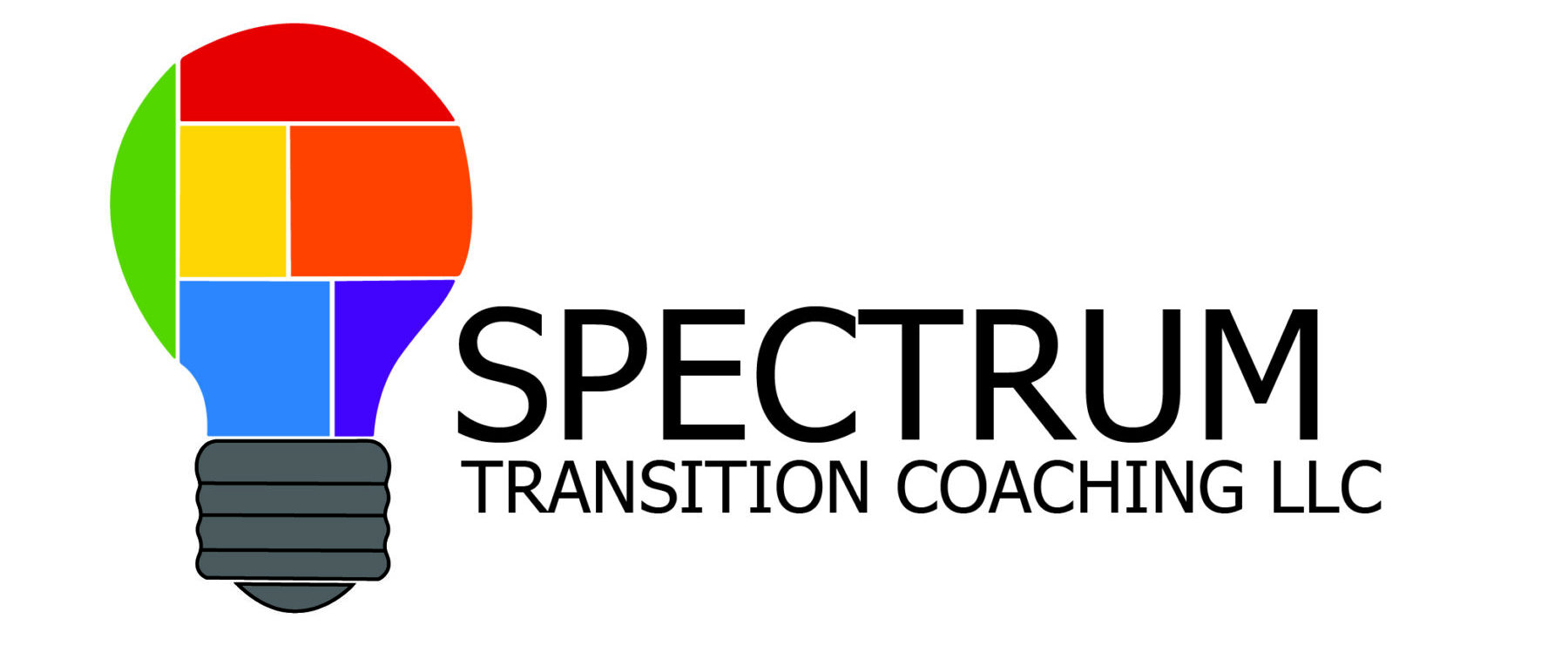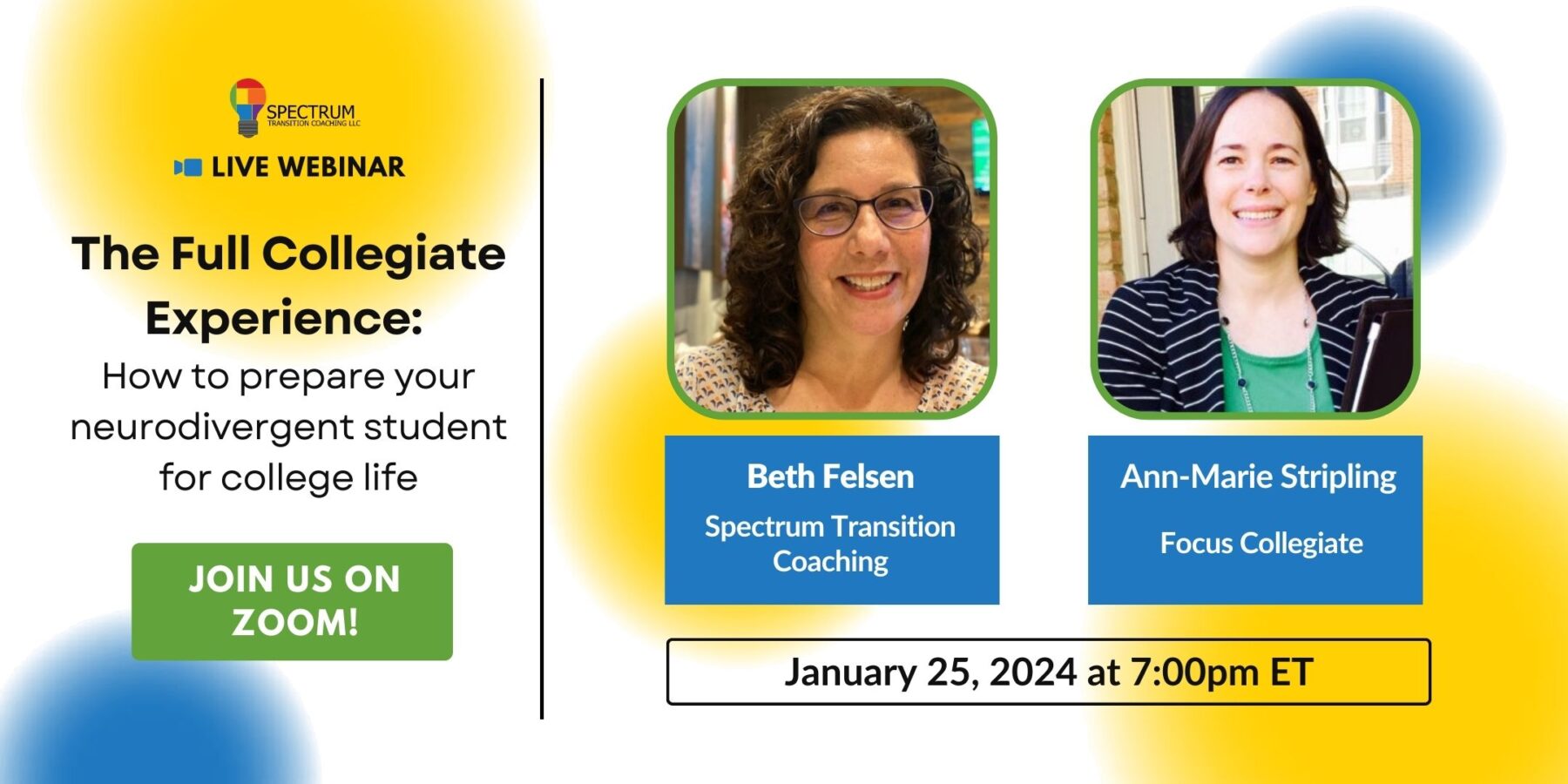Summertime has so much potential. With more flexible schedules and a break from traditional classes, your student can focus on what matters most in that particular season. For some autistic students, summer can be an excellent time to work on those college readiness skills.
If your student is a high school junior or senior, college readiness should be a part of your regular conversations alongside applications and majors. Don’t mistake being ready for college classes with being ready for college life. The transition from high school to college brings many changes – living arrangements, independence, meals, routines and more.
I’m thrilled that more colleges and universities are recognizing the value of summer programs programs for both neurodivergent and neurotypical students. Over the past few years, we’ve seen a number of new programs emerge. While it’s great to have many choices with unique focus areas, it also makes it harder on families to wade through the choices. These programs often have hefty price tags so you want to make sure it is worth the investment for your kid.
So let’s dive in to how to choose the right summer program for your student!
Key Considerations
1. Your Student’s Goals
There is no perfect program. There are a lot of really great programs with different focus areas. Before you look at specific options, sit down with your student to decide what the goals of participating in any program are right now.
Maybe your student has never been away from home on their own and wants to experience that before going off to college?
Maybe your student is deeply interested in a specific topic and wants to dive into a college course?
Maybe your student needs to practice making social connections with new people?
Maybe your student needs to focus on executive functioning separate from parental support before freshmen year?
From social skills to academic credit to life skills, set one key goal for this summer. This helps you make decisions with that outcome in mind rather than falling in love with one particular aspect and missing the bigger picture.
2. Location
Geography matters. Your student will have a very different experience at a community college in your hometown vs. a campus across the country.
If spending time away from home is the goal, set your geographic parameters to make that happen.
Likewise if your student needs parental support, it is much easier to hop in the car and drive a few hours rather than book a last minute plane ticket.
3. Course Credit
Many college prep programs include hands on coursework for students to get a feel for the academic rigor on campus. Decide how important is for your student to obtain degree credit for a course. Do they need a transcript? Does their grade matter? Or do you want a more relaxed program where academics are a secondary focus?
4. Length
These programs can last anywere from one week to the full summer. Again, depending on your student’s individual goals, a shorter program may provide helpful exposure while a longer program may offer a more comprehensive experience to mimic college life.
5. Cost
The prices of these programs vary widely based on their length and inclusions. Take an honest look at your family’s finances to decide how much you are willing to spend on this experience, knowing that college tuition is just around the corner. Be sure to include travel expenses, groceries, leisure spending, medications and insurance in your estimate.
Summer Programs to Explore
Families often ask for specific recommendations for summer programs. Once I get to know your family and your student’s unique goals, I can give more personalized insights. I’ve had clients have positive experiences at each of these programs among others!
Focus Collegiate’s summer cohort in Boston is a 3-week program designed to build college readiness skills before students head to campus in the fall. Their sample itinerary shows the breadth of this program’s curriculum with a unique framework including “executive functioning, academic independence, life balance, motivation and decision-making and social integration.” Learn more about their approach and get in touch to register for this summer’s cohort.
Mark your calendars for January 25, 2024 for a webinar with Ann-Marie Stripling of Focus Collegiate. We’ll be talking about how to prepare your neurodivergent student for college life with practical insights from her experiences with incoming college freshmen. See below for more info and register here!
With summer programs focusing on professionalism and communication, BroadFutures helps neurodivergent students and young adults enter the workforce better prepared to succeed in their roles. One aspect I really like about this program is how they incorporate arts and mindfulness into their thoughtful approach to career success.
Landmark College Summer Programs
Landmark has multiple summer programs for high school students and rising college freshmen. With a focus on serving students with dyslexia, ADHD, autism and executive functioning challenges, these summer programs can be helpful for across both academic and social dimensions.
Learn more about summer program options here.
If you’re looking for a shorter program, Beyond Akeela’s 2.5 week program might be a good option. With a curriculum designed to focus on social connection, EF skills, college and job readiness and self advocacy, this program can be great for students academic and social deveopment.


